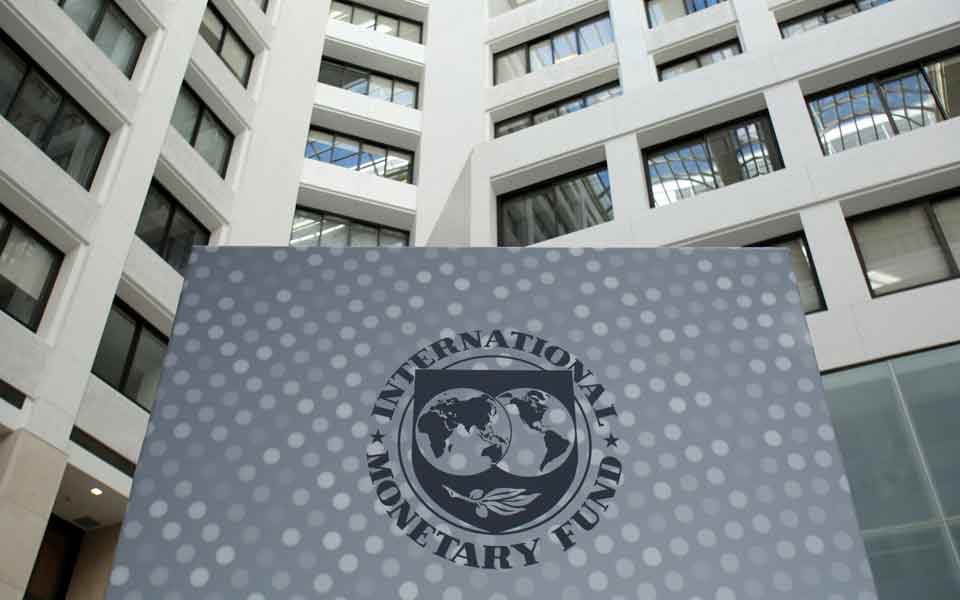Early repayment of IMF loans to require another bond issue

Last week’s 15-year Greek government bond issue was successful, but not quite good enough for the state to immediately repay another section of the loans from the International Monetary Fund early.
That was because the issue’s 1.91 percent interest rate was above the floating rate of the rest of the IMF loan, at 1.8 percent. Given that the European Stability Mechanism (ESM) has set raising funds on the market at a lower interest rate than that of the loan to be repaid as a condition for the approval of repaying Fund loans early, it is not yet time for the next IMF repayment.
Still, planning provides for this to happen at some point later in the year and to concern the loans maturing in 2021, adding up to 1.9 billion euros. In November Athens paid back 2.7 billion euros, leaving another 5.5 billion due.
The last tranche of the IMF loans is scheduled to be repaid in June 2024. If loans maturing next year are repaid, the outstanding sum will come to 3.5 billion, coming due in the years up to 2024. This is a sum that is definitely manageable, but for the time being there is no question of it being paid off early; this is mainly for political reasons, so that the IMF retains a formal presence in the country, as some European creditors desire.
Therefore the next Greek bond issues will allow for the reduction of the average cost of borrowing below the IMF loans’ rate, so that Greece’s dues to the Fund can be repaid early in line with ESM rules. Sources speak of the strong candidacy of a 10-year issue, while there is also a chance of seven- and three-year bonds, given the gap in such maturities that the Public Debt Management Agency (PDMA) would want to cover to improve its yield curve. At the moment the yield of the 10-year note stands at 1.16 percentage points. It is also possible we’ll see a reissue of the 15-year paper, whose yield has now dropped to 1.58 percentage points.
The PDMA’s issue schedule for 2020, announced in December, provides for issues adding up to 4-8 billion euros, and all signs point to the final amount approaching the upper end of that range, if not higher, with the government making it clear it does not want to touch its 32-billion-euro cash buffer.





